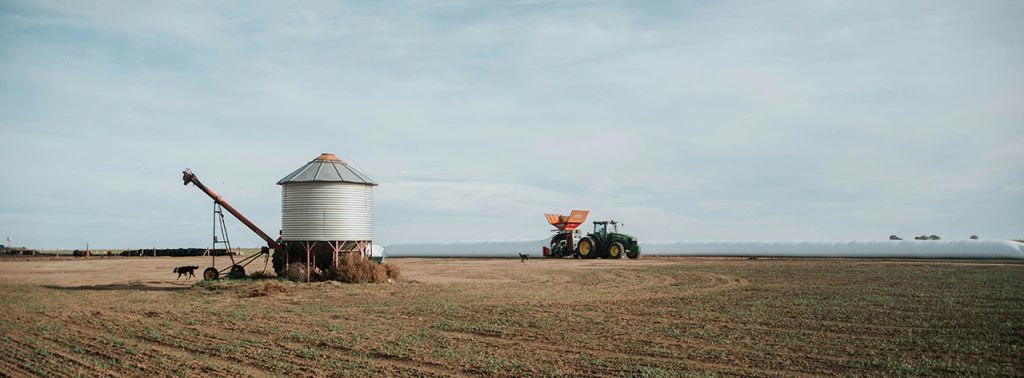
Bioenergy in Argentina: Tapping into Abundant Resources
As a nation endowed with vast agricultural and forestry resources, Argentina is increasingly recognizing the potential of bioenergy as a sustainable and renewable energy source. With a growing emphasis on diversifying its energy mix and reducing greenhouse gas emissions, the country is actively exploring and developing various bioenergy solutions.
Biogas and Biomethane: Leaders in Renewable Heating and Power
One of the most promising bioenergy formats in Argentina is biogas, produced through the anaerobic digestion of organic materials such as animal manure, agricultural residues, and municipal solid waste. The country’s extensive livestock and crop production sectors provide ample opportunities for biogas generation.
Companies like Bioenergia Bariloche and Porta Hermanos are leading the way in biogas production, utilizing feedstocks from the agricultural and agro-industrial sectors. Additionally, the purification of biogas into biomethane has opened up new opportunities for renewable energy applications, with companies like Grupo Alco exploring the potential of biomethane for heating, power generation, and transportation.
Renowned experts like Dr. Sergio Rosatto from the National University of Mar del Plata and Dr. Alejandro Burgos from the National Institute of Industrial Technology (INTI) have made significant contributions to advancing biogas and biomethane technologies in the country.
Solid Biomass and Liquid Biofuels: Diverse Applications
Argentina’s vast agricultural sector and forestry resources also provide opportunities for the utilization of solid biomass and liquid biofuels. The country’s extensive cultivation of crops like sugarcane, corn, and soybean has fueled the development of a growing biofuels industry.
Companies like Grupo Aceitera Bunge and Vicentín are leading producers of biodiesel, primarily derived from soybean oil. Additionally, the production of bioethanol from sugarcane and corn has gained traction, with companies like Promaiz and Bioledesma at the forefront of this sector.
Solid biomass, such as forestry residues and agricultural waste, is also being utilized for energy generation, particularly in the industrial sector. Companies like Celulosa Argentina and Papel Prensa have made significant strides in using biomass for cogeneration and process heating in their facilities.
Renowned Experts and Research Institutions
Argentina boasts several renowned experts and research institutions dedicated to the advancement of bioenergy technologies and policies. Dr. Graciela Díaz de Vivar from the National University of Comahue is a pioneer in the field of biomass gasification and syngas conversion, while Dr. Adriana Lecuona from the National University of General Sarmiento is a leading expert in bioenergy sustainability and policy analysis.
The National Institute of Agricultural Technology (INTA) and the Bariloche Atomic Center have played a pivotal role in bioenergy research and development, contributing to the country’s efforts to promote sustainable energy solutions.
Breakthroughs and Developments
Argentina has witnessed several notable breakthroughs and developments in the bioenergy sector. For instance, the Argentine company Biosoja has developed a groundbreaking technology for converting soybean residues into high-quality biochar and biofuels through a process called pyrolysis.
Additionally, the Argentine company Ledesma has made significant strides in developing advanced biofuels from sugarcane and other agricultural residues, showcasing the potential for innovative biomass valorization strategies.
Looking Ahead
As Argentina continues to explore and develop its bioenergy resources, it presents exciting opportunities for economic growth, energy security, and environmental sustainability. With abundant biomass resources, a growing research and development ecosystem, and supportive policies, the country is well-positioned to contribute significantly to the global transition towards a low-carbon economy. Through ongoing innovation, international collaboration, and sustainable resource management, Argentina can leverage its bioenergy potential to meet its energy needs while promoting environmental stewardship and addressing climate change challenges.
